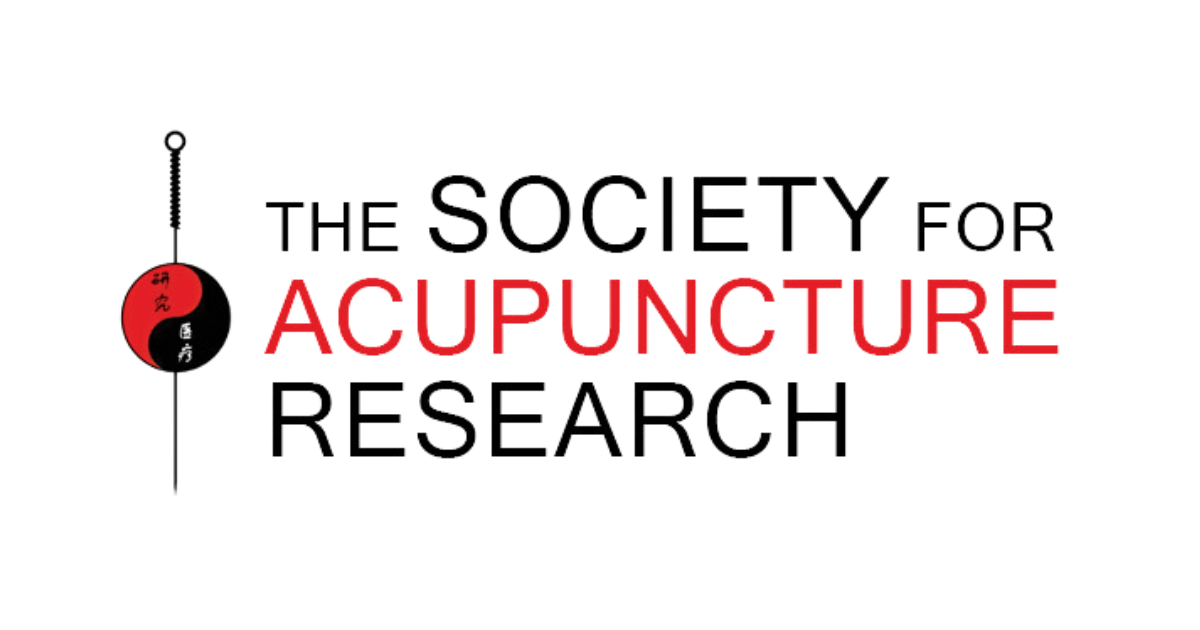2023 ConferencePRECONFERENCE WORKSHOPS Thursday, May 18, 2023 (10:00am - 12:00pm)
Workshop #1: Who’s on Your Team? Including the Patient Voice in TEAM Research Presenters: Desirée Walker; Kevin Liou, MD; Jodi MacLeod; and Ana Maria Lopez, MPH, MD, MACP This workshop is designed to prepare attendees to engage in patient-centered outcomes research by including patients as stakeholders and partners. We will conduct this workshop through a health equity lens and build into each segment an awareness of inequitable healthcare outcomes experienced by underserved communities of Black, Indigenous and People of Color, those of diverse genders and sexual orientation, and others, such as rural, elderly and young adult patients. Additionally, we will present ways to address many of these challenges to design and conduct clinical trials which are welcoming and culturally appropriate. Prior to the workshop, we will circulate a survey to workshop registrants assessing their knowledge of patient and research advocacy, their level of experience in engaging patients as research partners, and their ideas for future clinical trials in TEAM research; survey responses will inform the flow and content of the workshop. We will begin by defining patient advocacy and research advocacy to provide a foundation of common language for the workshop’s interactive discussions. Since many grant funding organizations now require patient engagement, we will present best practices in identifying potential patient partners and patient communities, educating patient partners in principles of clinical research and preparing them to serve as advisors or research team members, and building successful, long-term, working relationships with diverse patient and research advocates through focus groups, team meetings and personal interaction. The workshop format will include a panel discussion which will feature both experienced research advocate and the clinician researchers who partner with them, as well as an interactive session during which we will 1) Use as an example one of the research questions selected from the pre-conference survey responses and 2) Walk workshop attendees through ways to engage patient partners during each phase of this hypothetical trial through Q&A and brainstorming. We will record suggestions in real time on a large whiteboard or paper, which can be photographed at the end by attendees and serve as a resource for future inclusion of the patient voice in clinical trials. After this workshop, attendees will have gleaned foundational knowledge of patient advocacy and research advocacy as well as best practices for patient engagement in research and practical takeaways that will foster future collaboration between patient partners and research teams in patient-centered outcomes TEAM research.
Workshop #2: Improving Acupuncture Research Education in Acupuncture Degree Programs Presenters: Belinda (Beau) Anderson, Ph.D., M.A. (Ed.), L.Ac.; Lisa Conboy, MA, MS, ScD; Heidi Most, Doctorate of Acupuncture, LAc, Dipl.Ac. (NCCAOM); and Rosaleen M. Ostrick, MPH, MA, MATCNT, CLS, MT (ASCP), LAc Acupuncture research yields important information that is one part of evidence-informed practice. The Accrediting Commission for Acupuncture and Herbal Medicine (ACAHM) requires that students be able to find, appraise, communicate and apply research. However, there is little guidance for how to do this. Many schools could benefit from guidance and resources. This workshop is for educators interested in improving the teaching of acupuncture research in their acupuncture programs or in sharing their successes. Your school might not have a research course, or you might be interested in strengthening your existing research curriculum, or you may be interested in having others benefit from your experiences. Your school does not have to have a dedicated research course or a research teacher to participate. In the first hour, members of the SAR Special Interest Group on Education (SAR SIG-Edu) will present their findings from two surveys. One surveyed acupuncture students from across the country to assess their background and interest in research. The other elicited opinions of subject matter experts (SMEs) and stakeholders on a model research curriculum developed by the SAR SIG-Edu. We will elicit feedback from you on how your acupuncture research education efforts may benefit or relate to these data. In the second hour of the workshop, we will work together on identifying and developing stand-alone research topic presentations that can be used by acupuncture programs. Some topics were identified by the SMEs and stakeholders. We may generate new topics within this workshop. We will also review two existing Power Points (“The History of Acupuncture Research” and “Worldviews”) that can be used by acupuncture programs now. We will identify topics as a plenary group, and then break into smaller groups to flesh out each presentation. We will develop a mechanism for continuing our work together after this workshop concludes.
Workshop #3: Case Report Boot Camp Presenters: Kathleen Lumiere, DAOM, LAc; David Riley, MD; and Lisa Taylor-Swanson, PhD, MAcOM, LAc Among all the forms of medical research, case reports uniquely capture the factors that underlie patient outcomes, including clinical reasoning as it unfolds. They enable practitioners to join in building evidence. Case Report Boot Camp will lead practitioners, students, and educators through the process of writing accurate, rigorous case reports based on the CARE (and relevant STRICTA) guidelines. These guidelines help provide replicability, as well as understanding across medical disciplines. Optimally, participants will come to the workshop with a case report they’d like to polish and publish. Alternatively, they can bring HIPAA-compliant chart notes. For those who would like practice in putting together a case report, but do not have their own information, sandbox chart notes and other necessary data will be provided. Here is a link to a short supply list, including a case report to read beforehand with the CARE guidelines checklist.
|
